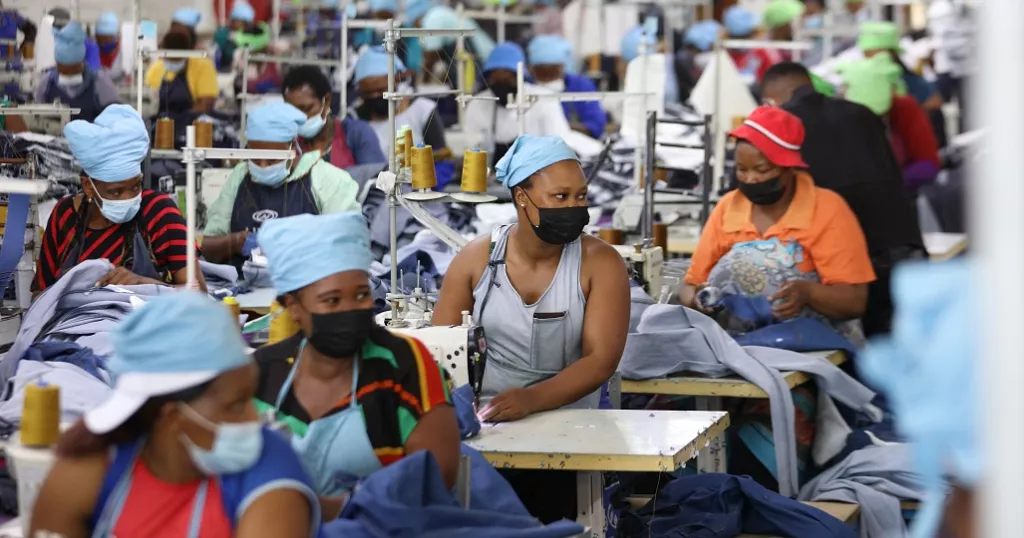African nations seek relief from Trump tariffs amid economic fears

President Trump’s sweeping tariffs have struck at the heart of economic fears, as reported by Africa News on August 9th. The measures, which came into effect on 7th August, target dozens of countries, including South Africa, Botswana, and Lesotho, threatening to deepen unemployment in economies already under strain.
In Pretoria, President Cyril Ramaphosa revealed that he had spoken with Trump two days before the tariffs were implemented, aiming to open the door to negotiations between Washington and several African governments. His office confirmed that the discussion focused on the steep 30% levy now applied to some South African exports to the US, stressing that both leaders intended to “continue with further engagements.”
Despite Trump’s heightened criticism of South Africa since returning to office, Ramaphosa’s administration remains optimistic that there is scope for compromise. The US has halted aid and assistance to South Africa, accusing it of pursuing “anti-white” and “anti-American” policies. Despite being the most diverse economy on the continent, relations between South Africa and the US have been increasingly strained.
Neighbouring countries are facing their own challenges. Lesotho, a landlocked mountainous nation heavily reliant on textile exports to the US, initially faced the prospect of a punishing 50% tariff. Although now reduced to 15%, the rate remains high enough to jeopardise thousands of jobs and threaten the viability of its clothing industry, which supplies major brands such as Levi’s. Maseru officials are still pushing for further reductions.
Botswana, too, has expressed interest in securing more favourable trade terms, according to the outlet. Both countries argue that higher tariffs could undermine industries critical to their economies and exacerbate already fragile labour markets.
The Trump administration insists the tariffs are part of a broader attempt to reduce US trade deficits. However, such decisions risk pushing up consumer prices in the US and delivering economic uncertainties at home and abroad, leaving export-dependent African states particularly vulnerable and bracing for impact.
Africa News, AP, Maghrebi
Want to chase the pulse of North Africa?
Subscribe to receive our FREE weekly PDF magazine











